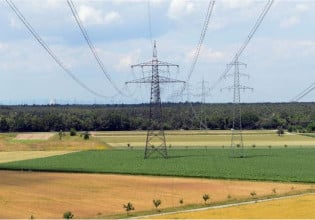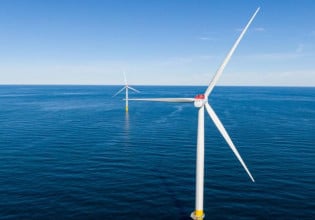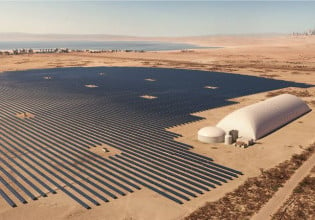The European Commission said on Monday it had approved German plans for an infrastructure network for charging electric vehicles across the country. The plan, at a total cost of €300 million over four years, will require that the electricity comes from renewable energy sources, with contracts awarded through an open tender process.
"Electric vehicles can provide real benefits to society by reducing harmful emissions and noise pollution. The German support scheme will encourage consumers and businesses to use electric vehicles," EU Competition Commissioner Margrethe Vestager said in a statement. "It will provide the necessary infrastructure in a cost-effective way in line with EU state aid rules," Vestager concluded.
The fast charging infrastructure in Germany is being expanded primarily under the auspices of funding programs at EU, national and state levels. The planned expansion comes under the NPE planning corridor. This is expected to help to significantly mitigate the perceived undersupply and anxieties about range. In the period from 2017 to 2020, approximately 5,700 additional fast charging points will be needed and both the industry and the public sector will have to initiate new projects in good time.
The plan consists of three stages: Stage 1 (approximately 1,400 charging points projected) – by the end of 2017. This will include preparing the grid supply capacity to several times ≥150kW at central intersection points and important transport links. Building 1,000 charging points with a charging capacity of 50kW each on main traffic arteries. Plus, building 400 charging points, mostly with a 50kW charging capacity, in major cities
Stage 2 – from the end of 2017: Calls for increasing the number of dc charging points towards the 7,100 dc fast charging points that are required by 2020. Simultaneously increasing the output of individual charging points at traffic intersection points and important transport links up to ≥150kW. Installing 150kW charging stations at several hundred locations on motorway arteries and a correspondingly high grid supply capacity for simultaneous fast charging at several charging points, each with a 150 kW charging capacity. And increasing the density of the fast charging network at important transport links and in major cities with 150kW and 50kW charging points in preparation for Stage 3 (also beyond 2020).
Stage 3 beginning in 2020: By 2025, it is anticipated there will have been a significant improvement in battery performance and thus in the range that electric vehicles can cover. This will require higher charging capacity. Depending on the availability of vehicles with the corresponding battery technologies, individual charging points on main traffic arteries will prospectively be configured with a charging capacity of up to 350 kW – with a corresponding improvement in grid connection/expansion. In terms of power generated from renewables, legislation stipulates an increase to a share of 40 to 45 percent by 2025.






